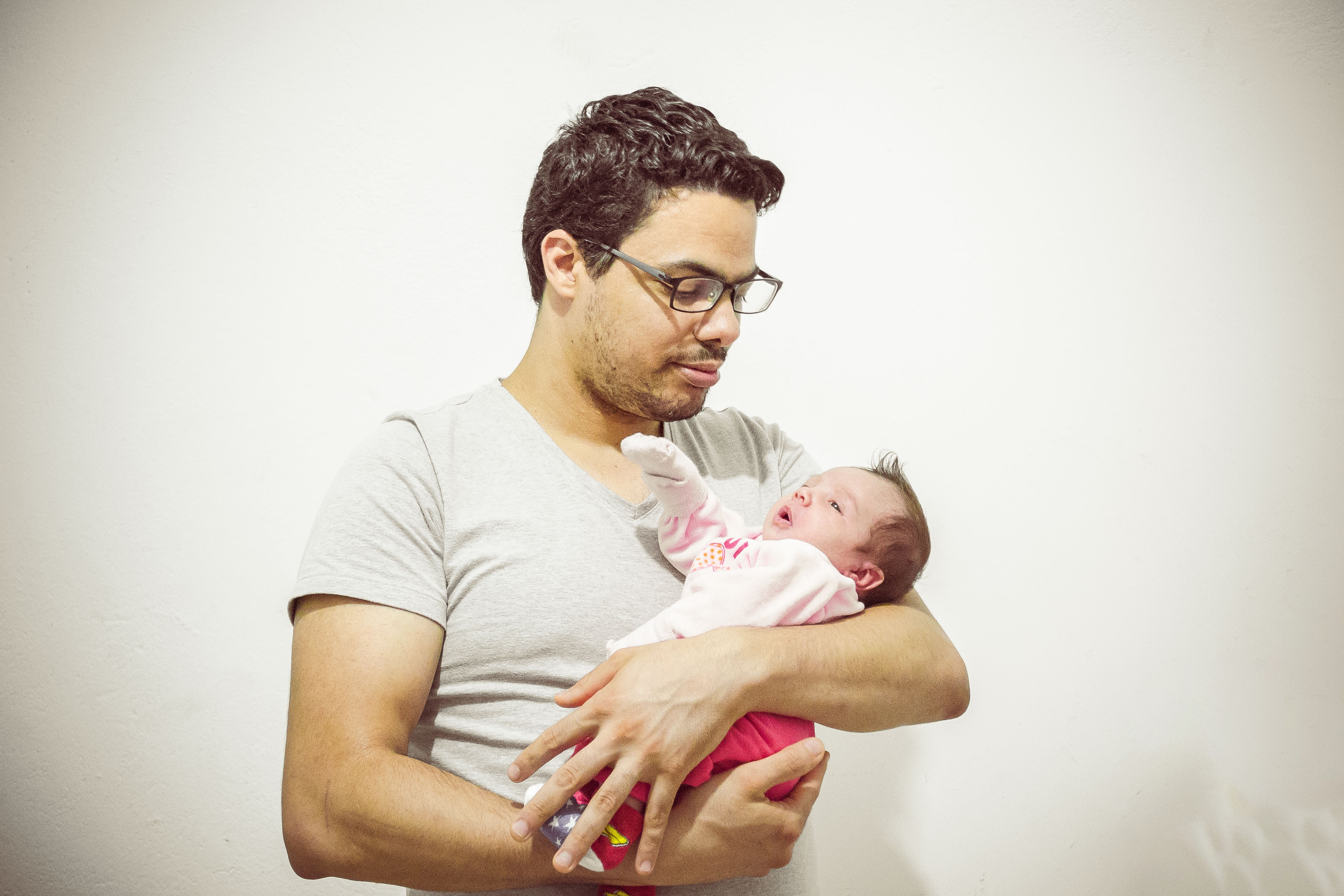New parenthood is an exciting time for most couples. It is a time when the parents bask in the awe and bliss of having a newborn as they learn the tips and tricks of caring for the new baby. For some moms though, this is not exactly what happens. Instead, they feel overwhelmed and exhausted, unable to take care of their precious baby. Some even start to question their ability to be a great mom and in extreme cases some start harboring suicidal thoughts.
Understanding Postpartum Depression
Postpartum depression is an illness that affects some new moms typically in the first days or weeks after their baby’s birth. According to Centers for Disease Control and Prevention, approximately 1 out of 10 mothers in the United States of America experience one or more symptoms of postpartum depression. It can be really confusing and nerve-wracking to watch your wife suffer from depression. Some dads don’t understand or see the signs right from the onset. This leaves them feeling distraught, not knowing how to help their partner overcome the illness. Some of the signs to look out for are:
· If the mom is feeling constantly tired and overwhelmed
· She regrets having the baby or constantly feels like she may not be a good mom
· Mom is not willing to engage in regular activities
· Mom talks about harming herself or the baby
· Brain fog and difficulty in making decisions
How to Support the New Mom
To be a supportive partner, you need to know how you can be present and supportive of your wife as she battles postpartum depression.
· You should encourage the new mom to take time off mommy duties and get enough sleep
· Ensure that the family eats healthy and nourishing foods so that mommy and baby get the much needed nutrients
· Spending time with a supportive network of family and friends
· Taking up a form of exercise like yoga and meditation will help mom feel calm and relaxed
Also, support groups that act as a safe place for new moms experiencing postpartum depression are available in majority of hospitals. There are organizations like Postpartum Support International (PSI) for example, that provides support to moms and dads alike by providing access to professional help and support for families battling postpartum depression. Postpartum Support International actually has more than 300 support coordinators worldwide.
Don’t neglect yourself
The truth is that if you are a hands-on dad, you may not have enough time to take care of your own needs. As a supportive partner to your wife, you may want to take on more responsibilities in the home to give your wife that much needed support to fight the depression but that doesn’t mean that you should neglect yourself.
Writing down a list of things you would enjoy doing that do not take too much of your time helps you prioritize your alone time. It could be something like committing to staying fit and exercising for at least an hour daily. This helps with mental clarity and also gives you energy to handle daddy duties in addition to other responsibilities.
Dads who consciously take time for themselves are more likely to feel better about their personal well-being and that of their families.


